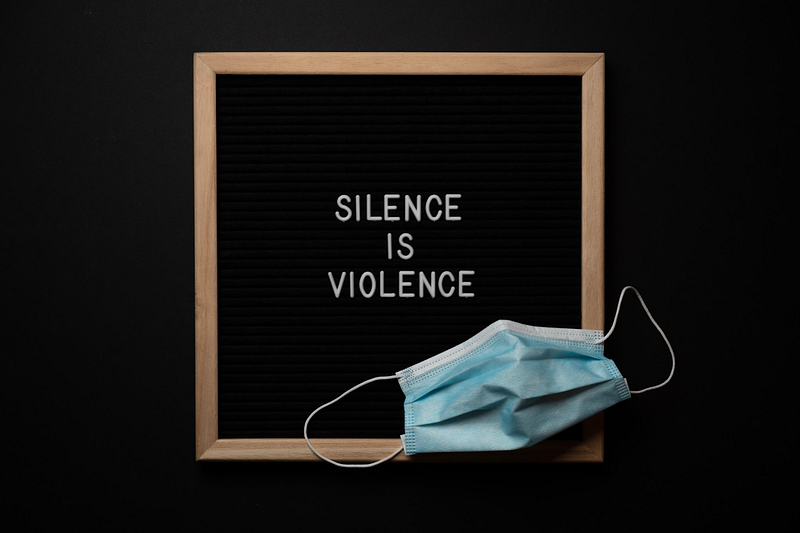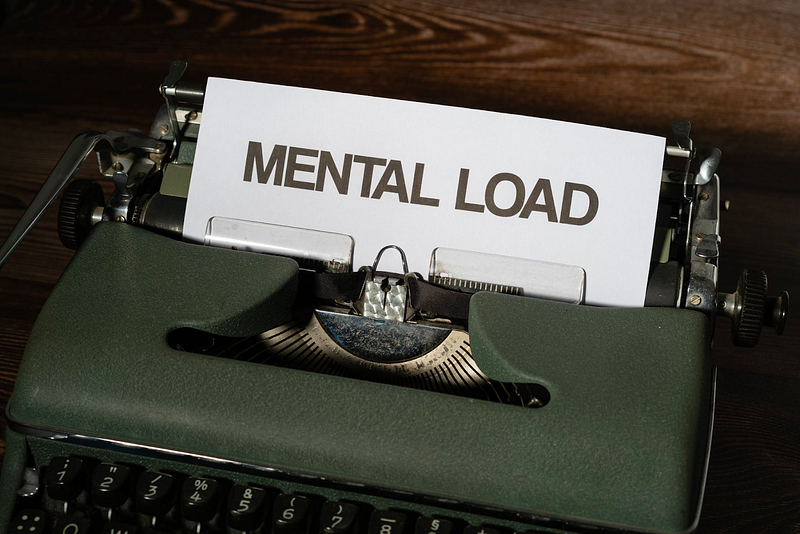Nurses face multiple challenges while on their job. The stigma associated with their mental health, increase of suicides and substance abuse is still a constant. And it seems like no healthcare worker can try to face these problems without being judged or calling into question their capability as professionals. No question why, the daily stress and the increasing number of assaults, attacks and workplace violence against them lead nurses to their breaking point.
Exposure, intentional threat, prevention, professional commitment, physical, violence

Exposure, intentional threat, prevention, professional commitment, physical, violence
What are nurses facing?
Nurses experience anxiety, depression and burnout due to occupational stress. As much as you want to be productive it becomes more demanding when feeling exhausted, demoralized, or inefficacy. Health issues such as depression, anxiety, substance use or PTSD, may start with nurses´ burnout and other consequences might include intent to leave the job.
Substance abuse might be one of the most stigmatized challenges nurses can face. An NCBI study explored how nurses who committed suicide were more likely to previously have job-related issues. Three main reasons that lead to suicidal thoughts are identified: unattended mental health problems, uncontrolled chronic pain and substance use disorder.
Even when 2020 seems to be a past story (or more like waking up after a nightmare), the pandemic effects on nursing are still on lag. The COVID-19 highlighted stressors that nurses face on a daily basis and the psychological effect on them are still present. Fatigue, decline performance and PTSD are still a topic for them, unfortunately it’s not a topic that is discussed as often.
Exposure, intentional threat, prevention, professional commitment, physical, violence

Exposure, intentional threat, prevention, professional commitment, physical, violence
Then why isn’t anything done yet?
In short, the main barriers a nurse faces are stigma against treating mental health issues, plus the fear of judgment and consequences this might have on their job (fear of getting fired or not being supported).
Is there anything to do?
We know this is a huge and important issue that requires a lot of work, however, we believe that step by step is the way to get closer to safer work environments in the healthcare industry. Thus, here’s a glimpse of what you can start doing or suggest at your facility. Here are 5 actional ways to start making a difference in the healthcare industry!
1. Provide psychological support services.
2. Safety training in case of attacks.
3. Educate nurses on their rights and responsibilities.
4. Clear communication lines and reporting process.
5. Provide security systems, infrastructure or technology that increase their safety, lessen incidents and make nurses feel safe while working.
Tech is your ally! Do your research, ask your industry colleagues and explore different options that can improve workplace safety and security.
